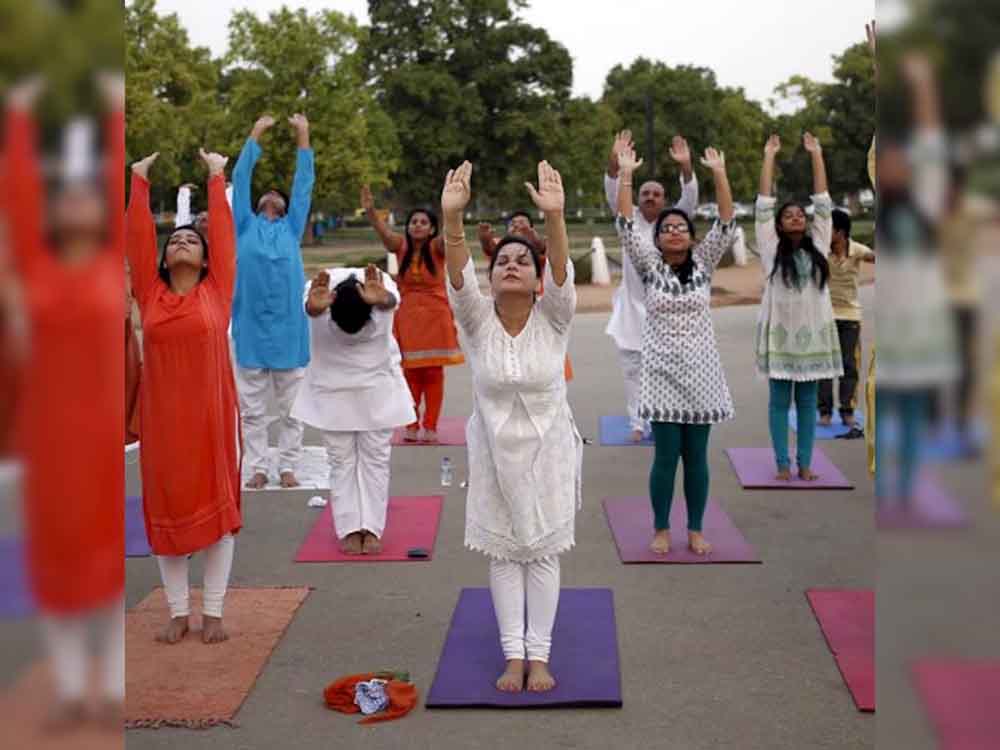How does one describe being fit? Does it entail having a robust, healthy physique? Does it mean engaging in physical activity without experiencing fatigue or dyspnea (shortness of breath)? Or is it characterised by overall well-being encompassing mental, emotional, and physical health? Fitness means different things to different people, so here’s the tricky bit: how does one define a healthy country?
Is it related to economic or political stability, or does it include other factors like access to clean water, healthcare, and education? The list goes on and on, but in the end, a healthy nation puts its peoples' welfare first in all facets of life, building a prosperous and sustainable society for future generations.
Most nations in the world prioritise health, making investments in social programs, infrastructure, education, and healthcare systems to guarantee the general well-being of their citizens. Based on variables including life expectancy, levels of physical activity, and access to healthcare, the World Population Review has determined the fittest nations in the world.
The World Population Review’s global health and fitness trends at the end of 2024 provides interesting new data on fitness ratings across countries. If a country has infrastructure that encourages mobility, readily accessible healthcare, and supportive governmental policies, its residents may maintain their fitness and live longer, healthier lives. These ten countries have the highest overall fitness scores based on a combination of lifestyle choices, public health policies, healthcare quality, and physical activity.

Singapore Leads The Way
Singapore's proactive health measures and physical activity-focused culture have made it the world's fittest nation. Numerous programs have been put in place by the government to encourage fitness, like the Great Singapore Workout, which motivates people to exercise on a daily basis. Over the years, this program and other neighbourhood sporting events have greatly raised physical activity participation. Given their great devotion to health, 84 per cent of Singaporeans exercise at least once a week.

Japan: A Culture Of Longevity And Health
Japan is ranked second among the fittest nations because of its distinct lifestyle, which places a strong emphasis on longevity and health. The abundance of fish, veggies, and fermented foods in the Japanese diet contributes to lower obesity rates and improves general health. The cultural custom of ‘Hara Hachi Bu,’ which promotes eating until 80 per cent full, in order to prevent overeating. Being physically active is a norm for Japanese people, and walking and cycling are common modes of transportation for them.

South Korea: A Culture Focused On Fitness
South Korea ranked third among the fittest countries in the world due to its thriving fitness culture and government backing for public health efforts. All demographics in the country have seen an increase in physical activity engagement, with many people participating in outdoor activities like cycling, hiking, and working out at the gym. Through initiatives that support healthy lives and make recreational facilities accessible, the South Korean government actively encourages exercise.

Where Does India Stand?
India is ranked #112 among the countries with the best fitness levels due to a mix of concerning health statistics and lifestyle issues. About 45 per cent of the population is categorised as unhealthy, according to the India Fit Report 2024, underscoring a serious public health emergency. Lack of physical activity contributes to this figure; about 50 per cent of Indian people do not exercise enough, with women being disproportionately affected (57.2 per cent do not meet activity guidelines).
Another important reason for India’s low fitness score is the rise in lifestyle diseases. 23 per cent of people suffer from conditions like high blood pressure, and the prevalence of diabetes and obesity is still rising. With 26 per cent of Indians experiencing work-related stress, which has increased dramatically in recent years, stress levels are also a major worry.
High life expectancy, active lifestyles, and excellent healthcare systems are characteristics of the world’s healthiest nations. With a comprehensive approach to wellness that includes consistent physical exercise and robust healthcare infrastructure, Singapore, Japan, and South Korea are at the top of the list. Sweden, Norway, and Iceland also perform well, striking a balance between access to healthcare and physical health. This demonstrates that with a mix of lifestyle choices, preventative healthcare, and public awareness, Asia and Europe dominate the globe in fitness.
Image source: DNA, Spatz medical, Independent